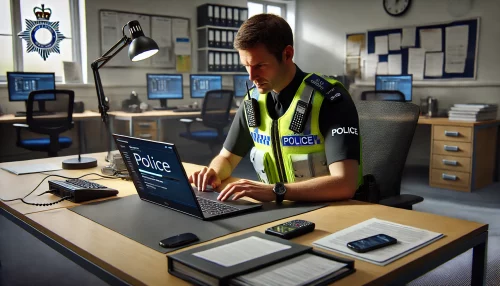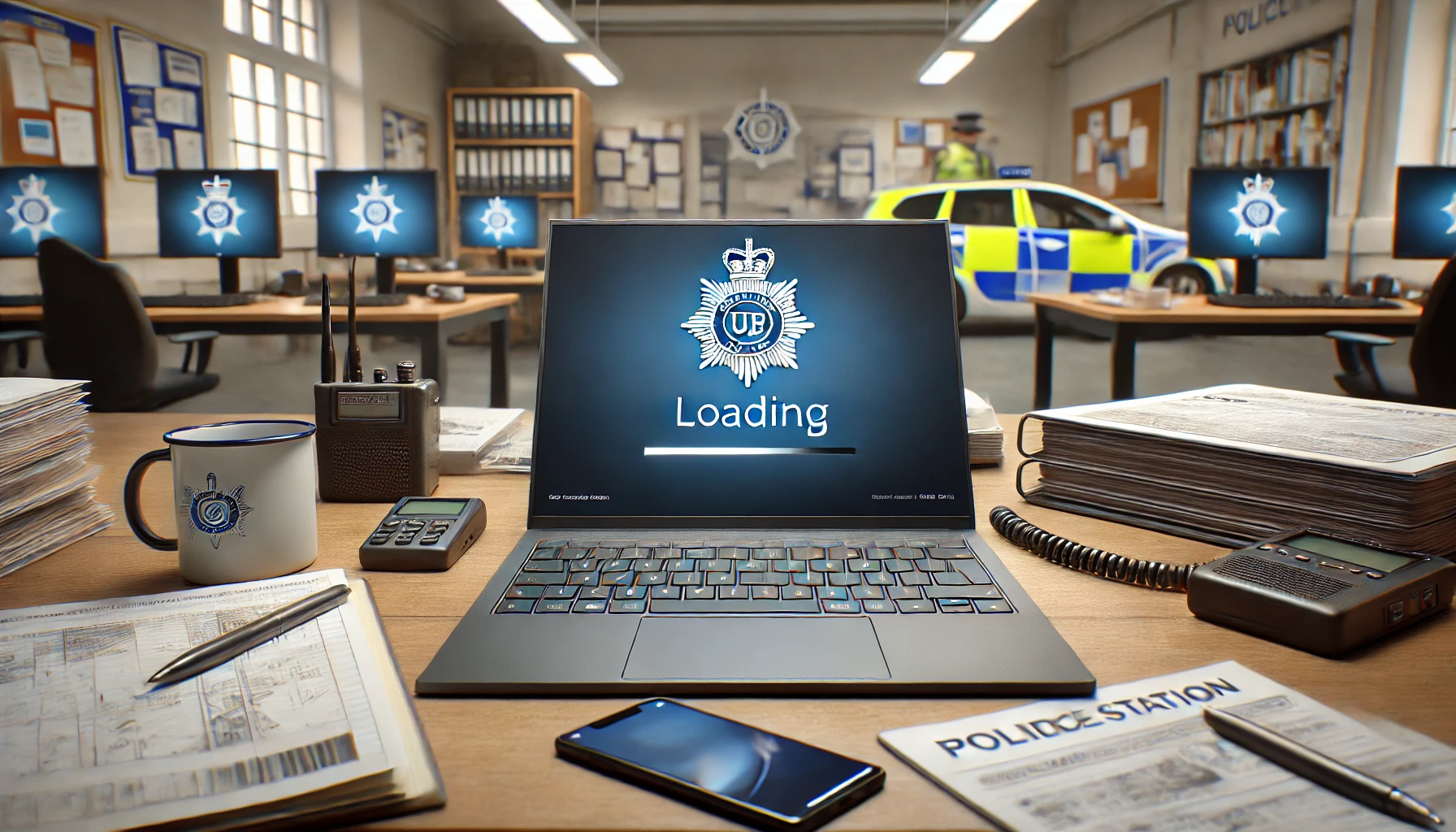Can Police Recover Deleted Data from Your Phone?

Can Police Recover Deleted Data from Your Phone?
Can Police Recover Deleted Data?

Data that may be recoverable includes:
- Deleted text messages and call logs
- Deleted photos, videos, and voice recordings
- Deleted social media and messaging app data (e.g., WhatsApp, Telegram, Snapchat)
- Internet browsing history
- GPS location history
- Encrypted messages (in some cases)
How Do Police Recover Deleted Data?
-
Mobile Device Forensics Tools (MDFTs)
- Software such as Cellebrite UFED, GrayKey, and Oxygen Forensics can bypass security measures and retrieve deleted data.
-
Cloud Data Recovery
- If backups exist in iCloud, Google Drive, or other cloud services, police may request access through legal warrants.
-
Network Provider Requests
- Mobile carriers store metadata, including call logs, text timestamps, and internet history, which can be obtained via legal requests.
-
Chip-Off Forensics
- This advanced method involves extracting data directly from the phone’s memory chip, often used when a phone is severely damaged or encrypted.
What Legal Powers Allow Police to Access Your Phone?
-
Police and Criminal Evidence Act 1984 (PACE)
- Allows the police to seize and search devices if they believe they contain evidence of a crime.
-
Investigatory Powers Act 2016 (IPA)
- Also known as the “Snooper’s Charter,” this law allows authorities to intercept and retain digital communications in specific cases.
-
Regulation of Investigatory Powers Act 2000 (RIPA)
- Governs police access to encrypted data and requires individuals to provide decryption keys in some circumstances.
-
Judicial Warrants
- The police usually need a warrant to access stored or cloud data unless they rely on emergency powers.
Can You Refuse to Give Police Access to Your Phone?

- Without a Warrant: You are not required to provide access unless the police have a valid legal order.
- Under RIPA: If the police obtain a court order requiring you to disclose passwords or encryption keys, failure to comply may result in criminal charges.
- Legal Advice: Always seek legal representation before handing over a device to the police.
How to Protect Your Digital Privacy
- Use Strong Encryption – Enable full-disk encryption on your phone (e.g., Apple’s iOS encryption or Android’s File-Based Encryption).
- Regularly Overwrite Deleted Data – Use data shredding apps that overwrite deleted files.
- Turn Off Cloud Backups – Disable automatic backups if you do not want deleted data stored remotely.
- Use Secure Messaging Apps – End-to-end encrypted apps like Signal offer higher privacy levels than standard SMS or social media apps.
- Know Your Rights – If the police request access to your phone, consult a solicitor before complying.
How a Solicitor Can Help
- Challenge the legality of the search and seizure
- Advise you on your rights regarding phone access requests
- Ensure the police follow correct procedures to prevent unlawful intrusion
- Defend against any charges based on phone data
Conclusion: Can Police Recover Deleted Data from Your Phone?

Notice: Informational Content Disclaimer
The content provided on this website, including articles, blog posts, and other informational materials, is intended for general informational purposes only. It is not intended as, and should not be considered, legal advice.
Visitors to this website should be aware that the information presented here is not a substitute for seeking legal advice from a qualified solicitor or legal professional. Each individual's legal situation is unique, and the information provided may not be applicable to specific circumstances.
If you require legal advice or have specific legal questions, we encourage you to contact us directly. Our experienced team of solicitors is here to assist you with your legal needs and provide tailored advice to address your concerns.
Please be advised that any communication through this website, including the use of contact forms or email, does not create a solicitor-client relationship. Confidential or time-sensitive information should not be sent through this website. To establish a solicitor-client relationship and discuss your legal matters in detail, please contact us for a consultation.
We strive to provide accurate and up-to-date information, but we make no representations or warranties regarding the accuracy, completeness, or suitability of the information contained on this website. We shall not be liable for any reliance placed on the information provided herein.
Thank you for visiting our website. We look forward to the opportunity to assist you with your legal needs.




